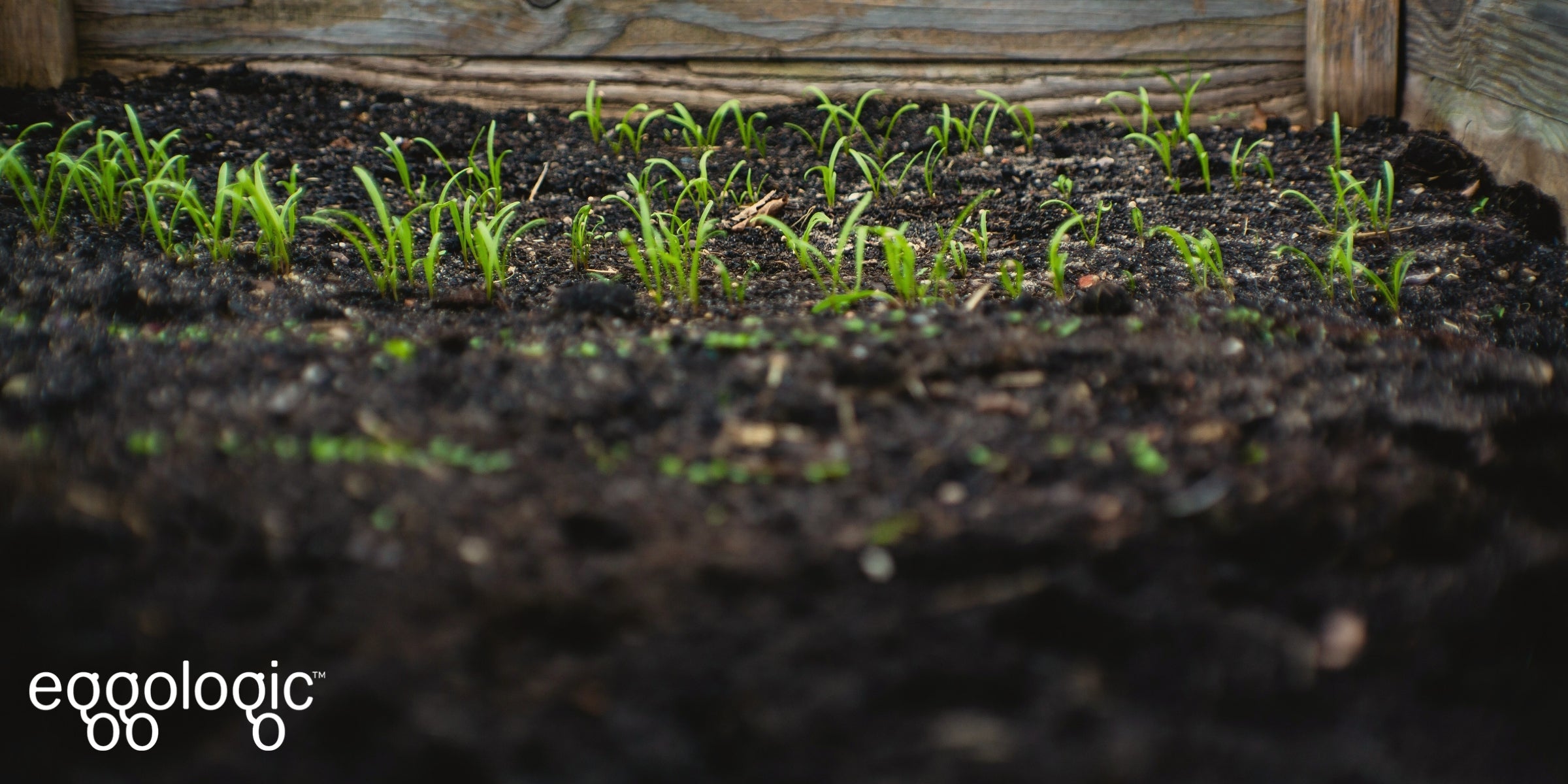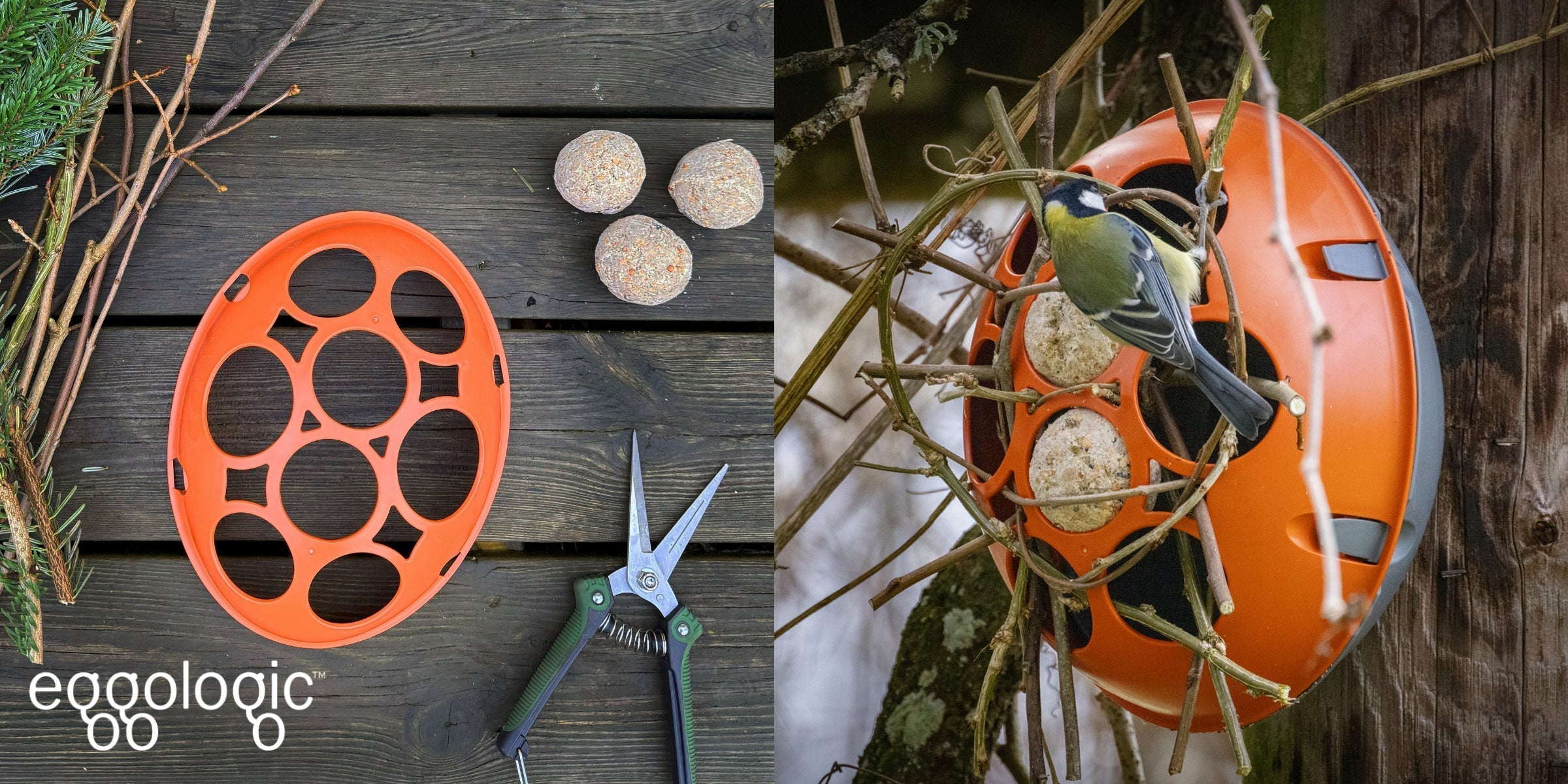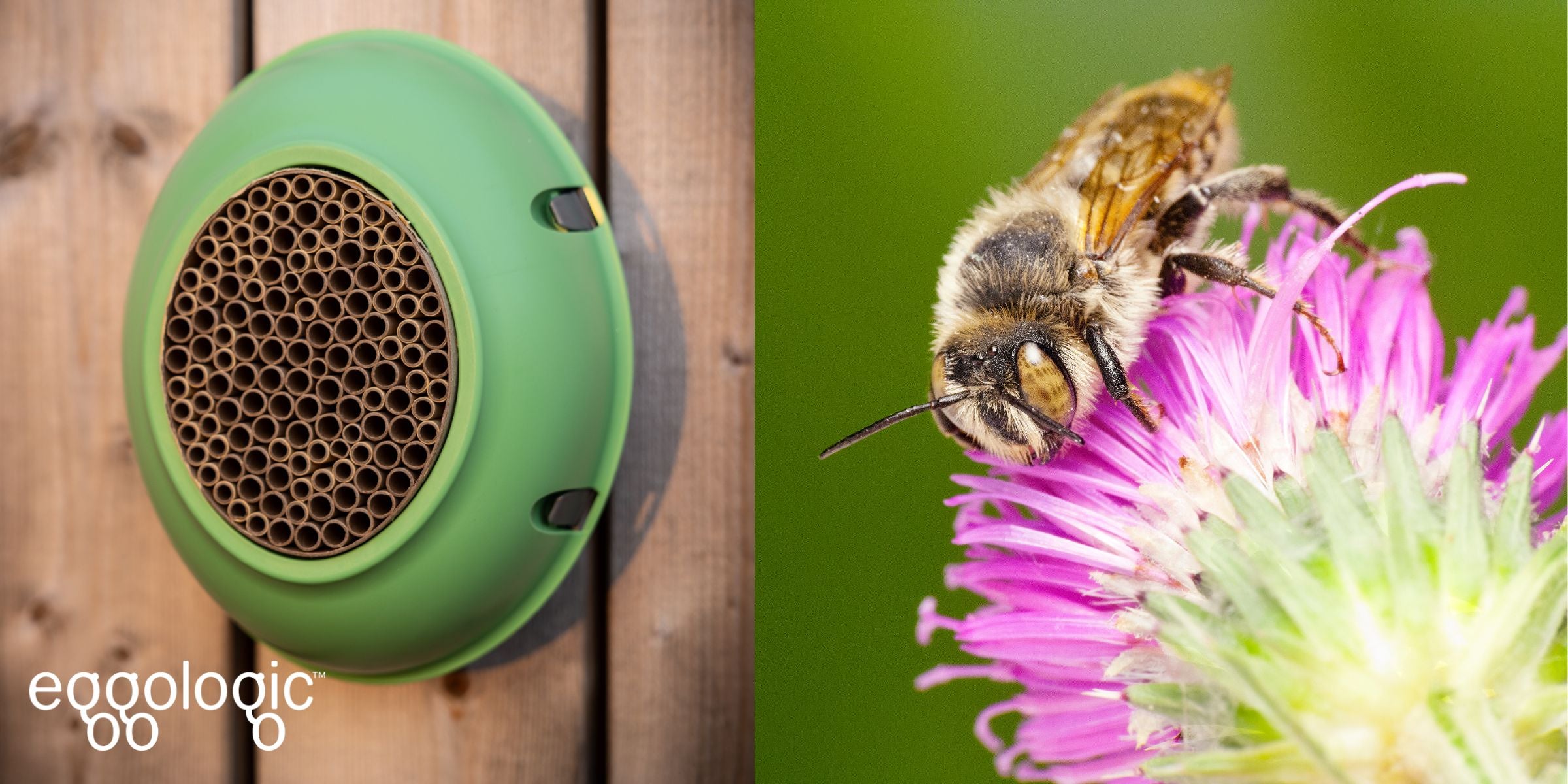
Our Top Tips For Soil Health Throughout the Year
Keeping a garden lush and thriving is a year-round job and each season comes with distinct changes, challenges, and opportunities. While spring brings renewal, summer opens the doors to lush foliage and vibrant colours. In autumn, nature slows down to prepare for a cold, drizzly winter.
How well your garden adapts to these changes depends on how you treat your soil and what you add to it. In this blog, we’ve rounded up time-tested tips on how to build soil health in every season.
Why Soil Needs Seasonal Care
There’s more to soil than meets the eye. It is a complex, diverse natural system that’s bustling with life. Understanding what good soils are made of and how they function can help you take the right measures to support the health of your garden soil.
It’s well-known that good-quality soil promotes healthy plant growth by keeping plants hydrated, aerated, nourished, and safe from pests and diseases. Meanwhile, low-quality soil can cause stunted growth, low yields, and nutrient deficiencies in plants. By prepping your soil at the start of every season and nurturing it constantly, you can help your garden reach its full potential.
How to Care for Your Soil Through The Year
Spring
What's different
Spring brings with it a burst of freshness, helping your garden come alive after a cold, wet winter. The deluge of winter rains and snowmelt can cause soil to compact, saturate, or erode. However, with a little effort and care, you can give your soil the best possible start for the first planting season of the year.
What to do
Refresh the soil by removing weeds and winter debris. As long as the ground isn't frozen or wet, you can lightly dig over it or fork through it to loosen compaction. Conduct a soil test to check its pH levels. If it’s too acidic, add a layer of organic compost of your choice to the soil’s surface. Let the soil rest for a few weeks before planting to allow nature to work its magic.
How it helps
Soil compaction is fairly common in spring. It occurs when soil particles become pressed together, making the soil denser and less porous. Porosity has a huge impact on soil’s ability to absorb water, air, and essential nutrients. Loosening compaction by digging over it can make the soil more porous and aerated. Spring is also the perfect time to add organic matter to the soil to correct pH levels and improve soil health by making nutrients more accessible to plant roots.
Summer
What's different
Summers in Europe are notoriously unpredictable, with weather ranging from glorious sunshine to pounding rain. By focusing on maintaining soil moisture and fertility, you can turn your garden into a haven of vivid colours, irresistible aromas, and tasty produce.
What to do
In summer, your main focus should be on ensuring that the soil receives and retains adequate water. Check your garden soil every day; if it feels dry, it needs watering. Deeply water your plants in the morning and evening when the chances of evaporation are low.
If you notice water running off the surface or pooling on top, your soil could be hydrophobic. In that case, you’ll need a soil wetter or conditioner to aerate the soil and boost its moisture retention abilities. Mulching with biodegradable materials like bark chippings, seaweed, organic compost, or well-rotted manure can also do wonders for soil health in summer.
How it helps
Too much heat and dryness can harden the soil surface, reducing healthy microbial activity. Mulching not only protects the soil from heat and rain but also nourishes it as the organic matter decomposes. By acting as a barrier, mulch reduces water runoff and prevents weed growth and nutrient loss.
Autumn
What's different
In autumn, the weather gets cooler, and the days get shorter. Activity, from the falling leaves to the birds searching for winter homes, signals a slowdown in nature. Although the temperatures are decreasing, your soil might still be moist and warm. There’s plenty you can do to prepare it to endure the long, cold, and wet winter.
What to do
Many gardeners use this time to plant late-flowering or spring-flowering bulbs. If you’re not planting, prepare your garden beds for the upcoming winter. Start by clearing spent plants and mulching bare soil to improve fertility and smother weeds.
Consider sowing green manure crops like purslane and chickweed to prevent soil erosion and nutrient loss during winter. Autumn is also a great time to catch up on composting. Add readily available materials like fallen leaves, wood clippings, straw, and grass clippings to your compost heap.
How it helps
Preparing your soil in autumn not only protects it from harsh winter but also lays the foundation for a productive spring. During the colder months, frost and rain help the organic matter in your compost/mulch break down to provide a hearty dose of nutrients to the soil.
Winter
What's different
With the weather gods unleashing wind, rain, and cold in equal measure, winter soil care is all about protection. In winter, the soil becomes colder and experiences less microbial activity than usual. If left bare, it can become compacted and quickly lose nutrients.
What to do
A well-mulched winter garden can endure the harshest weather. Apply a thick layer of straw, organic compost, or leaf mould to your garden soil. If you planted green manure crops in the autumn, they would already be hard at work suppressing weeds, maintaining moisture, and providing your soil with organic matter and nutrients as they decompose. If you own a vertical garden, consider moving your planters to a frost-free, well-lit spot like a conservatory or a shed with a window.
How it helps
Winter is the perfect time to give the soil a much-needed rest before the next year’s gardening season. Keeping the soil covered, whether by applying mulch, adding compost, or planting green manure crops, protects the life within it. The organic matter and nutrients keep the microorganisms well-fed, which, in turn, makes sure your soil has everything it needs to survive the colder months.
Share Your Soil Health Plan with Us
Supporting soil health is the single most important thing you can do for a beautiful and bountiful garden. External factors like changes in temperature, humidity, and precipitation brought on by changing seasons affect soil’s health as much as its natural qualities.
Here's hoping these tips will help you ensure that your soil is always healthy, no matter how tough the weather gets! How are you taking care of your soil health this year?





Leave a comment
This site is protected by hCaptcha and the hCaptcha Privacy Policy and Terms of Service apply.